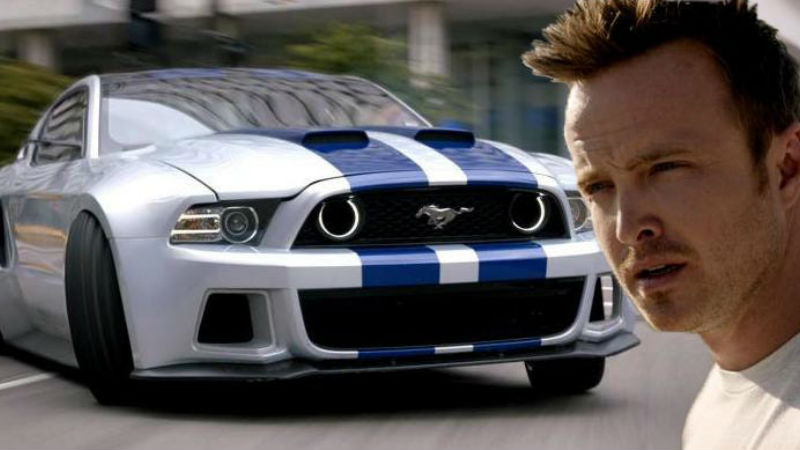Back to the Future: VW Announces Electric Kombi

VW has no shortage of iconic models when it comes to their illustrious history with passenger cars. The Beetle is obviously the most known, but a close runner-up is the Microbus (Kombi to us Saffas) that first hit the market all the way back in 1949. It’s time for one of the world’s favourite people-carriers to make its comeback, but the newest rendition is quite the departure from its predecessors.
The first and most important update is that the new Microbus (AKA the ‘ID Buzz’) is going to be electric, with a couple of options when it comes to the powertrain. The two options currently being discussed are an 83 kWh rear-wheel drive, 268 horsepower configuration, or a 111kWh all-wheel drive, 369 horsepower model – both of which will use electric battery packs to derive its power.
It will also have a limited top speed of around 160km/h – despite the fact that it will likely be able to go significantly faster. In fact, the 369 horsepower model is predicted to hit 100km/h in roughly five seconds, so the modern Microbus is far from some sluggish van crawling around on residential roads.
One of the details consumers are most interested in when it comes to electric cars is the expected range that the batteries will be able to provide. In the Microbus’s case, it will be around 400kms, which is pretty impressive considering the battery technology currently available. More impressive, though, is that the quick chargers that will be used to recharge its battery packs will apparently be able to juice it up to 80% in a lightning-fast half an hour.
Autonomous driving is another automotive buzzword that isn’t going anywhere soon, and VW is getting in on that action as well with the ID Buzz. The initial launch version coming in 2020 won’t be capable of full-autonomous driving, but VW’s projected plan is to have self-driving versions available to the market in around 2025. One of the benefits of having an autonomous car is that it allows a lot more freedom for manufacturers to play with space in the cabin, since things like steering wheels and fixed seats might become a thing of the past… eventually.
What’s under the bonnet is clearly pretty cutting edge, but the interior hasn’t been spared when it comes to futuristic advances, either. The cabin is likely going to be adjustable in a few ways, particularly for the autonomous versions, allowing the seats to be turned, creating an almost lounge-like effect for the passengers.
It’s clear VW has no intention of releasing a homage to the Kombi, with all these technological advances it’s well and truly the 2020 version of a classic with little except its exterior styling cues left over from the classic, and all in all that seems to be a good thing.












